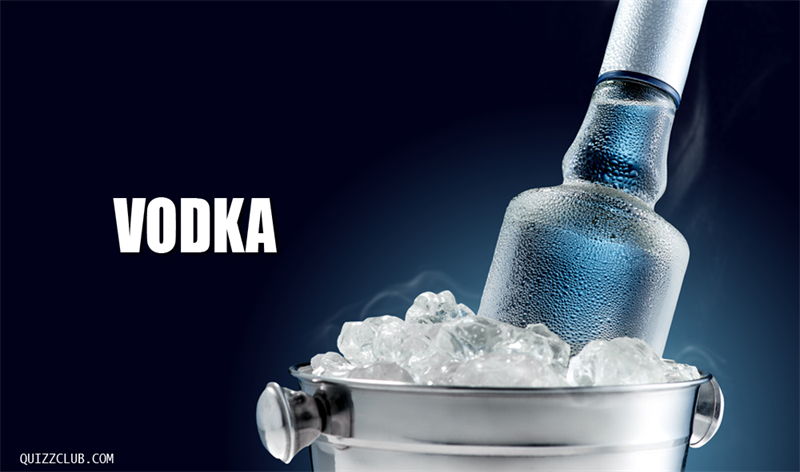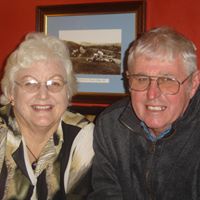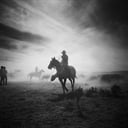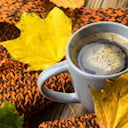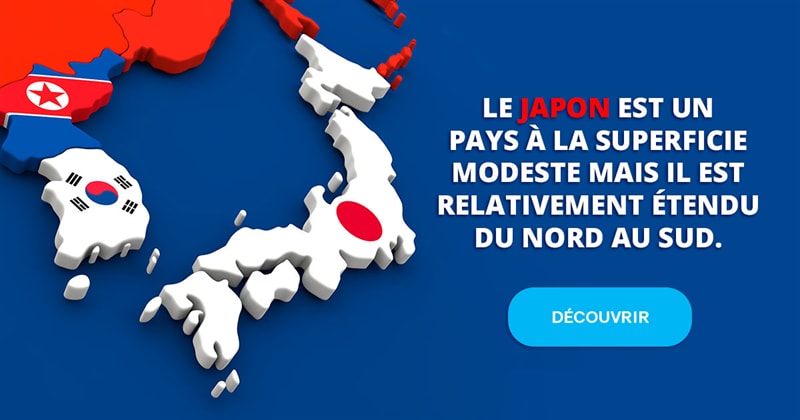Only true brainiacs know the hidden meaning of these words
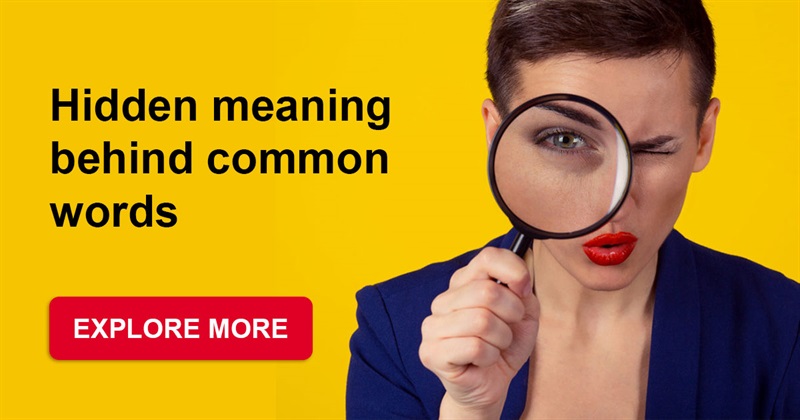
What do capuchins and cappuccino have in common? And mice and muscles? Read further to find out!
Every word has its history. Knowing a word's etymology, one can better understand its deep meaning. It widens your horizons and adds a special flavor to every word, creating unique images and associations in one's mind. Let's find out what lies beneath the present meaning of some words.
#1
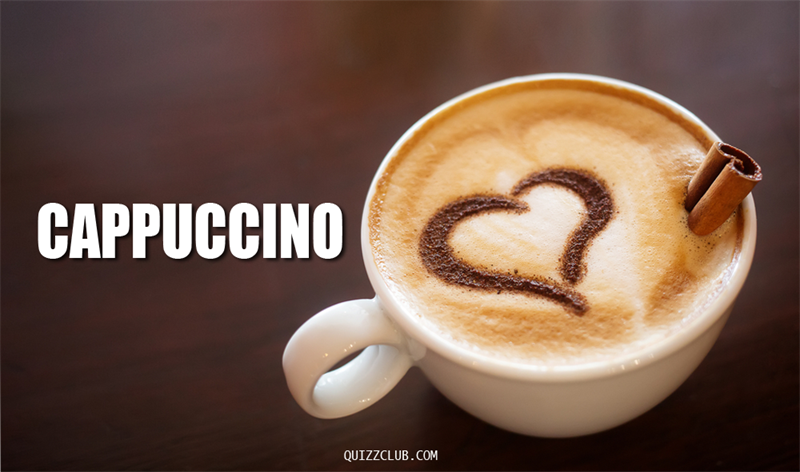
#2
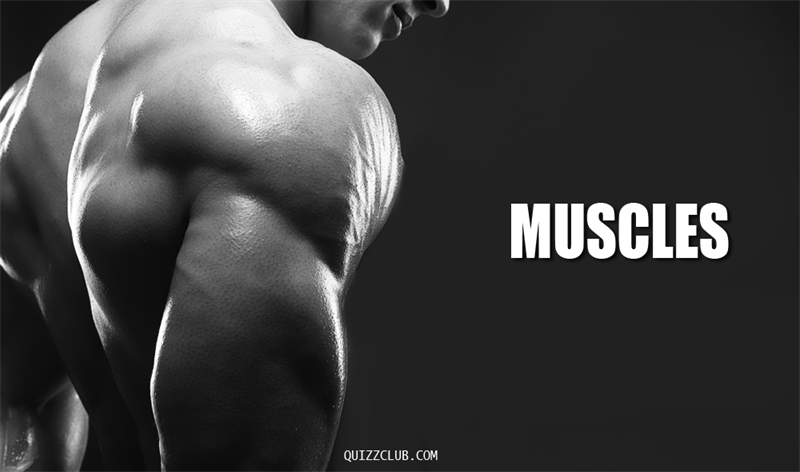
#3
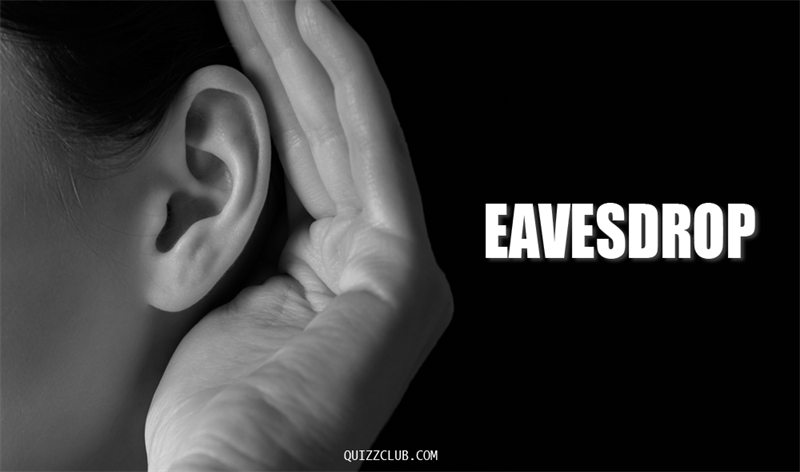
#4
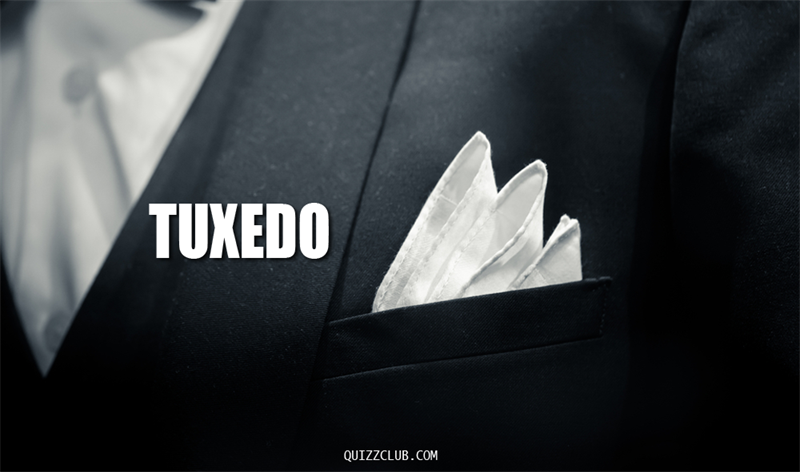
#5

#6

#7

#8
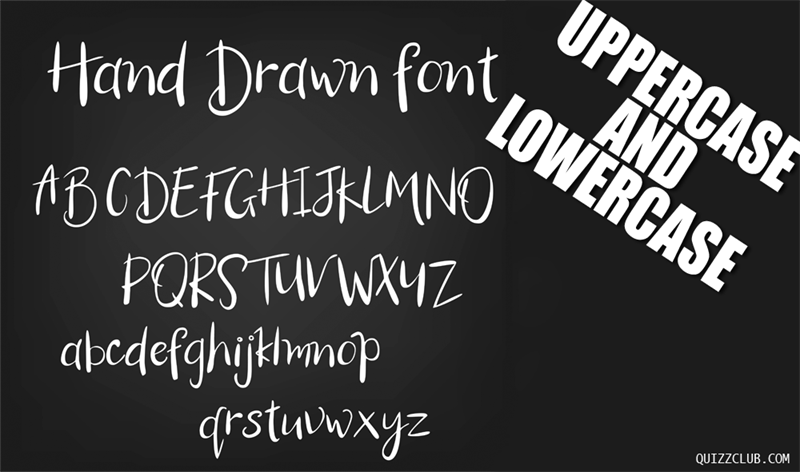
#9
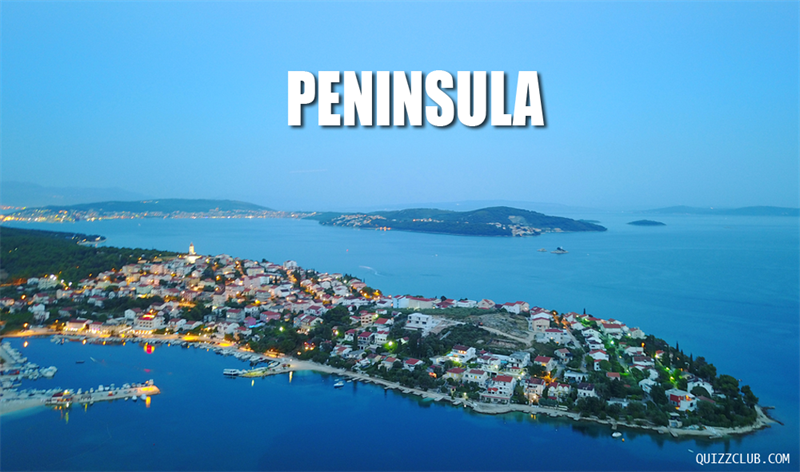
#10
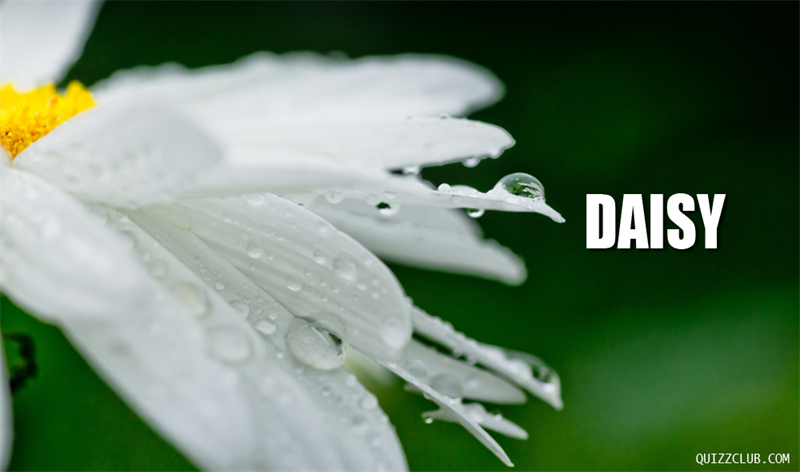
#11
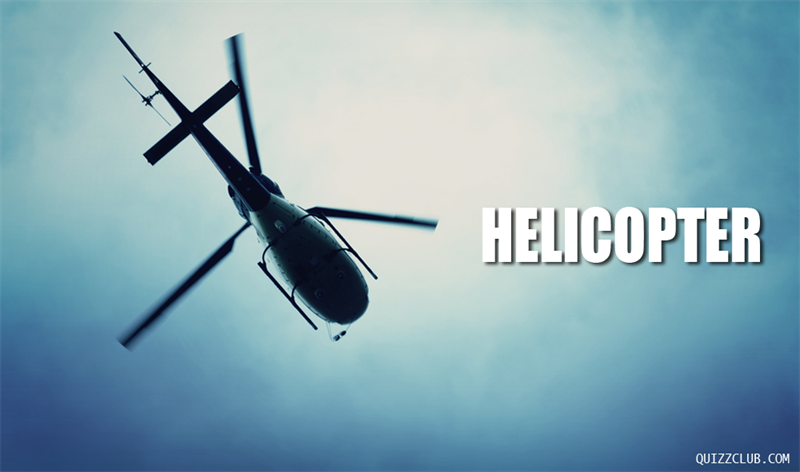
#12

What do you think about these words? Did you confirm your knowledge or did you realize there are still things to learn?
What do you think about this article? Share it with your friends and see if they are true erudites like you!
Faits intéressants
Cette carte illustre la superficie réelle du Japon
20/04/2020
Le Japon est un pays à la superficie modeste mais il est relativement étendu du nord au sud.
Comment dit-on le mot "maison" dans les différentes langues d'Europe ?
14/04/2020
En français on l'appelle Maison.
Les constellations du zodiaque sont-elles vraiment fixées ?
17/04/2020
Elles ne sont pas plus fixes que les autres.
Quel est le nom romain de Paris, quelle était sa taille par rapport à Paris aujourd'hui ?
20/04/2020
Paris était Lutèce une ville de province de taille modeste.
Quel dialecte de l'arabe moderne est le plus proche de l'arabe classique littéral ?
15/04/2020
Tous les dialectes ont évolué avec des sustrats locaux.

